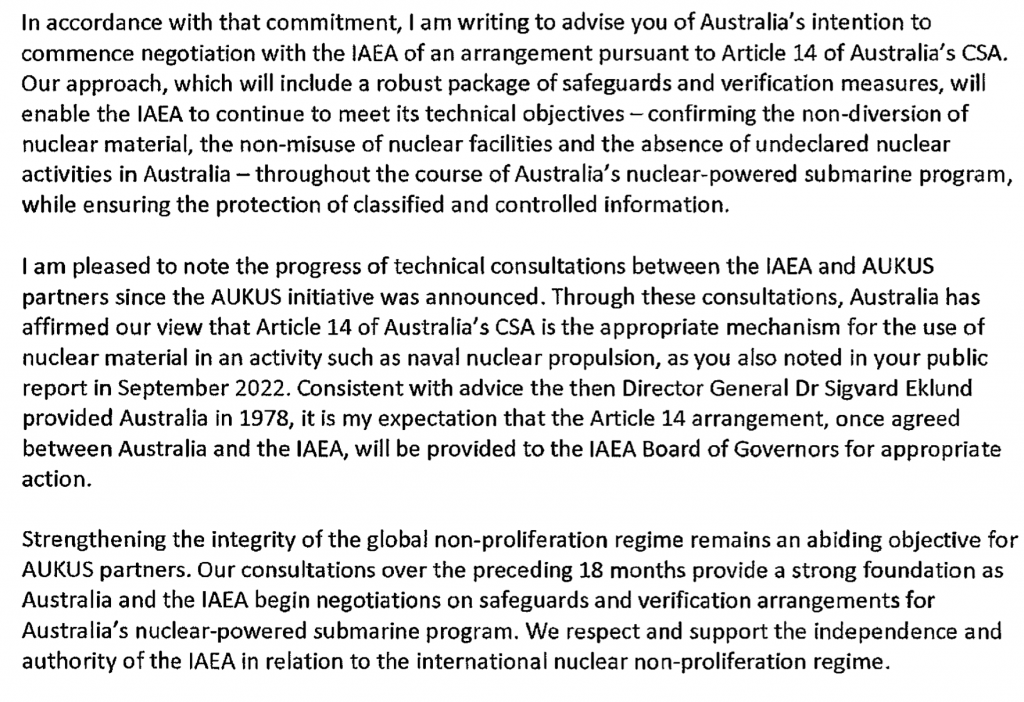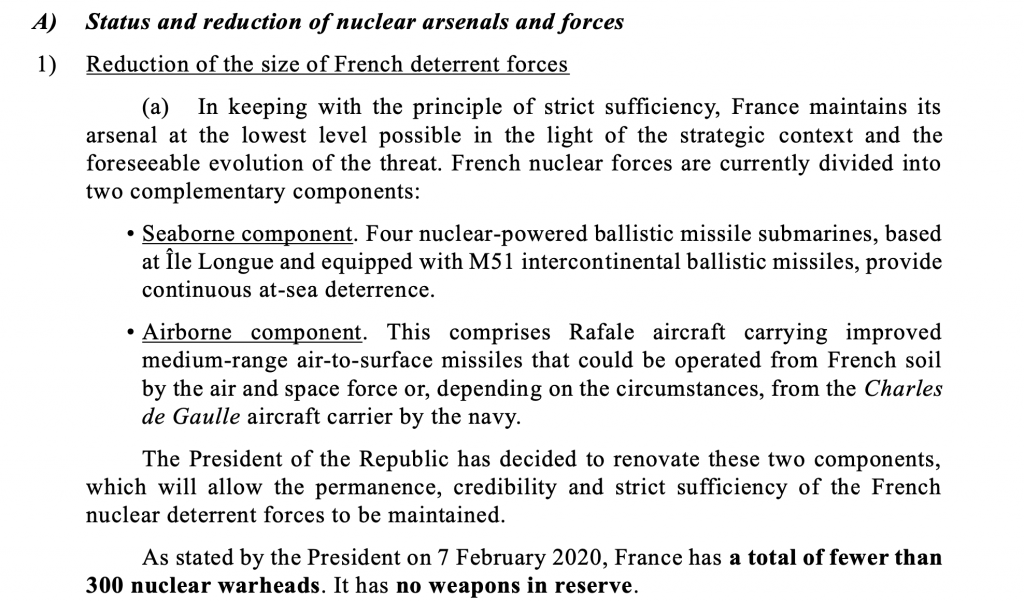Maleeha Lodhi, former Pakistani ambassador to the UN, wrote an article in which she recounted this story:
It was then that Senator Hank Brown informed me — as mentioned in the book — that he intended to move an amendment to the Pressler legislation to lift the ban on economic assistance to Pakistan and release all embargoed military equipment including the F-16s. Between then and the success of the Brown Amendment, for which the Pakistan Embassy lobbied hard, the Clinton administration tried to secure a unilateral nuclear concession from Pakistan in return for supporting the amendment.
Pakistan refused, including the proposal to “cap” its nuclear weapons programme in exchange for release of the F-16s. I was present in meetings during the visit of army chief Gen Waheed Kakar to Washington when he flatly told the Americans that as “Pakistan’s national security was non-negotiable” they could keep the planes. In the end, the Brown Amendment was adopted, economic sanctions lifted and military equipment worth $368 million was released except the F-16s


